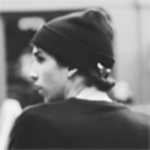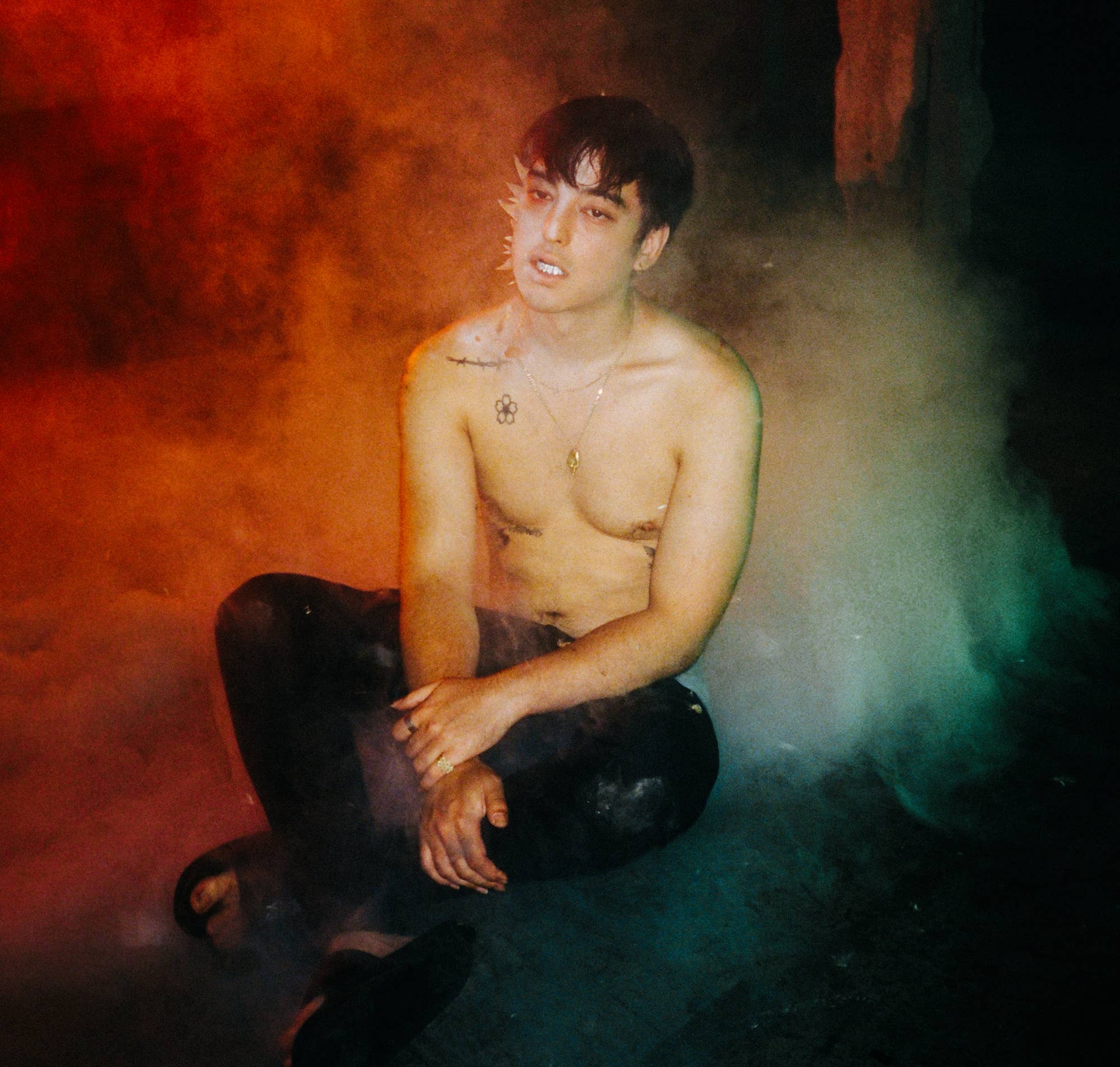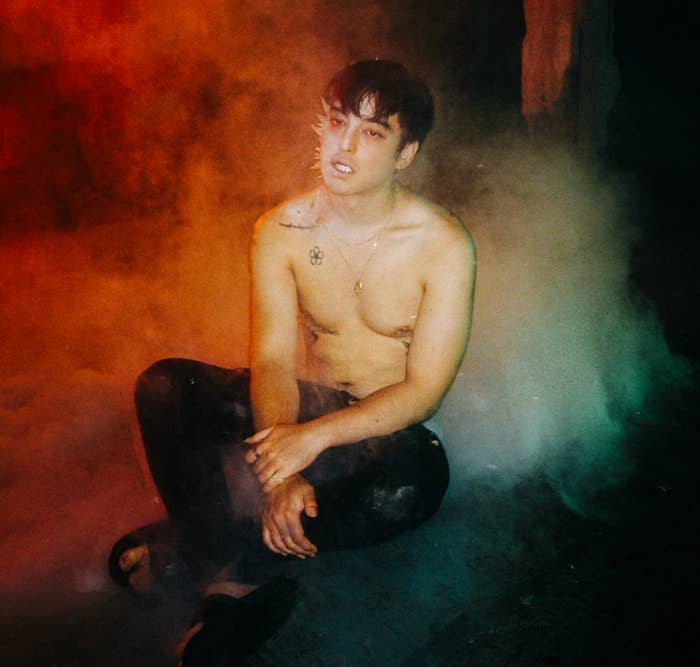
In early 2017, I called Joji after noticing that Pink Season—his comedic project under the name Pink Guy—was sitting at the top of the iTunes charts.
Midway through our conversation, he mentioned that his ultimate goal was to focus on a serious music career. At the time, the idea of Joji shedding his internet persona and successfully transitioning into music seemed unlikely. But over the next year and a half, I watched him check every box off his ambitious list. He linked up with 88rising, sold out shows across the world, and put out an excellent debut project called In Tongues that won over a whole new group of fans. He did it. He proved this “serious music” thing was more than just an experiment. He's for real.
Now, the fun part is here. After working through the ups and downs of career reinvention for the past two years, his debut album has arrived. And it represents a major step forward for Joji as a musician. Breaking out of his habits as an isolated solo artist, he worked with collaborators like Trippie Redd, Clams Casino, and D33J on his strongest, most fully-realized songs yet.
Joji is also still full of surprises. A day before the album's release, he revealed a new round of goals that he's set for himself, which include philanthropy and building infrastructure in the medical field. He says the next step is to work on “projects that are more helpful.” At this point, I have no reason to doubt him.
Stream BALLADS 1here and continue for our full interview with Joji.
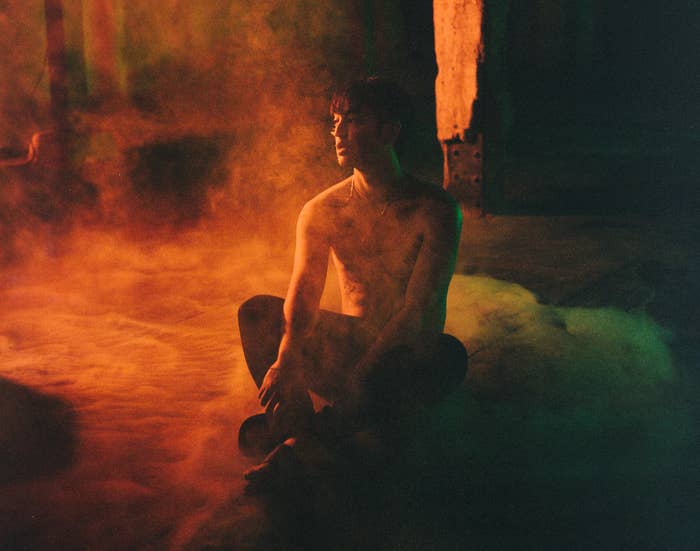
Since we spoke in January 2017, I’ve watched you achieve all the goals you laid out during the first interview. Did you think it would all work out like this?
Honestly, I didn't know what to expect. I was kind of going with “the arrow never misses” sort of vibe. But I am very happily surprised that, you know, the deed has been done. And it feels good. Now, I can move on to projects that are more helpful, hopefully.
What has been the biggest change for you on a personal level over the last couple years?
Since then, I've learned to be very collaborative and very open. It just further fed my business hunger, too. I've learned a shit ton about music, business, the industry, everything. It's like going to school. It's really cool. I like it.
There's a lot of shit right now and I feel like it wouldn't hurt to go into philanthropy. just help people out. help everyone out.
You accomplished a lot of the goals you had back then. What's the next round of goals you have for yourself?
I would always like to put out better work. So, the obvious part would be to put out even better projects. Also, it's cool for me to work on other people's stuff, where the pressure is not so much on me. So, I'd like to get back into more production again. But on top of that, along with the music, I want to give back as much as I can, in a non-corny way. You know, just be a good example. There's a lot of shit right now and I feel like it wouldn't hurt to go into philanthropy. Just help people out. Help everyone out.
Do you have any specific areas in mind? Or just being a generally positive influence on the world?
No, I want to do a lot of help in the medical field. Right now, I do small things, but I think the biggest part is just building infrastructure and doing stuff that isn't just immediate aid, like just feeding people because they're hungry. Just more systematic stuff. I still don't have the time or the money to really go into it, but that's the next step, to really do some good, hopefully.
When you dropped In Tongues, you said you wanted to get something out for your fans, and to introduce yourself as an artist. What does BALLADS 1 represent for you? What did you set out to do with this project?
In Tongues was the little debut statement, and this is the thing that kind of seals that statement. Also, it's just a big power ballad album, hopefully. It sets a new direction, but it also stays in its Joji roots.
How do you think you've grown, musically, on this project?
Oh, man. I've grown in so many different ways. I feel like I've grown in a collaborative manner. It's been fun jamming with musicians that I genuinely fuck with in a room. I learned how to make music with people, which was very cool, because I was kind of like an antisocial music maker before. But also, whether it's songwriting or production, I've definitely picked up a lot of things along the way. I think it's only fuel, if anything, for the next project—even after this one.
You were mentioning collaboration, and one of my early favorites on this album is "Can't Get Over You," with Clams Casino. How did that one come together?
Clams is just super cool. I remember being like 18 years old, and Clams was dropping crazy shit. I was just always a big admirer of him. Finally, he wanted to work, and I was super down with it. We got into a session in a basement in New York. It was raining. Shit was dripping. It was pretty nasty, but we were just juking it out in there. It was really cool.
Another collaboration on BALLADS 1 is with you and Trippie Redd. This isn't your first time working with him. How did the Trippie Redd/Joji relationship develop?
Yeah, on that song, “18,” I was supposed to sing over the first half of that. And it was pretty hard for me to do that. So, they gave me the option to switch up that second part, which is what I did. And then, Trippie came into the studio, originally going over that first part. But then, he heard the second part, and immediately started riffing over it. So I think that day, he was just like, “Oh yeah, this is the vibe.”
We didn't stay in contact too much after that, really. I think we're just from different worlds. But then later on, we got together again. We both wanted to get on each other's projects and stuff. So, we were just jamming. We were playing basketball and stuff. It was a very cool process. He just kind of went in, just did his thing. We were all hanging out. It was a very, very fun time.
I might rap again for something really special. The day might come.
You've rapped under some of your other aliases, but will we ever hear you rap on Joji stuff?
Yeah. I like rapping, and I used to rap a lot. But I just didn't think rapping was for me. It was before I knew that I could really sing. I don't think I knew I could sing until not too long ago, really. But, the production aspect of it was so much fun for me. Especially the wonky stuff—the wonky production—I still want to try and bring back. The idea of having someone else, like a rapper, rap over your beat, it just makes me really happy. You know what I mean? They kind of piece it together so I don't look lame. [Laughs]. I like it a lot. That's an ideal process for me. I definitely want to keep going into that. I might rap again for something really special, though. The day might come.
Awesome, I bet lots of people will be happy to hear that. I was noticing the new album has a lot of the same dark feel as In Tongues, but there are more upbeat moments on this, too. Is that something you set out to do?
Yeah, that's something I set out to do. On the first level of it, I think ballads aren't always heart-wrenching type songs. Like, "Can't Get Over You," I'd say is a weird, little arcade ballad. And also, I'm not sad all the time. No one's sad all the time. So, I feel like it's just an accurate representation of how people might be going through some shit. I feel like that's an appropriate percentage of happiness in a block of melancholy.
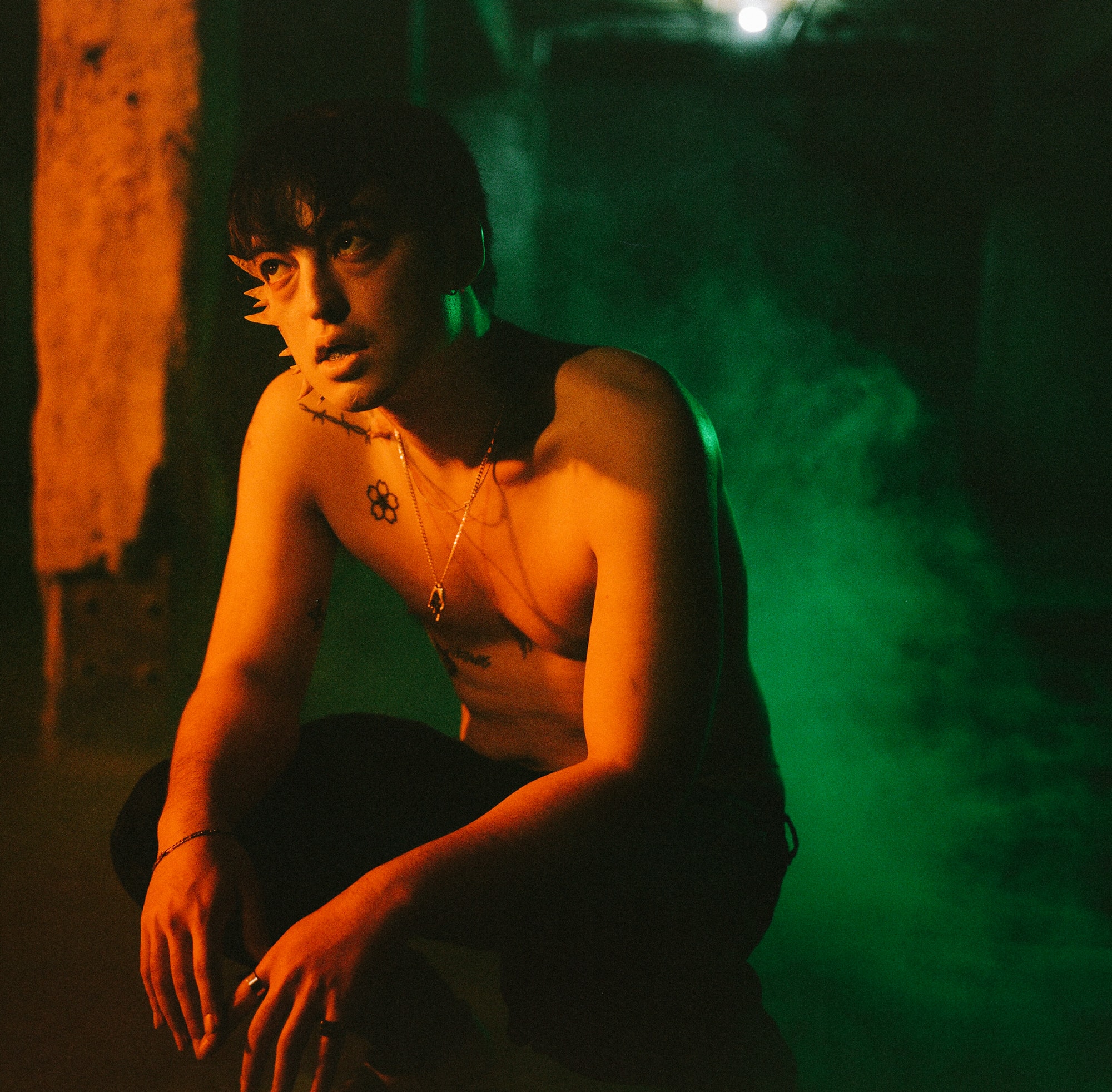
What is the biggest risk you took on this album?
I think a big risk was... Because it is collaborative, the risk was balancing out what other people are feeling and what your gut is feeling. At the beginning, I was figuring that out, and I feel like everyone figures that out.
The project is called BALLADS 1. The "BALLADS" part of that is obvious. What does the “1” mean?
The “1” means that there might be a “2,” first of all. [Laughs]. I also think it's important to number things, just throughout history. Even in fucking lab reports, you always leave numbers by your shit. You know what I mean? It was just appropriate to put a number there, in case I wanted to make more.
I think there's a misconception that I want to be a star or something. That's not the goal at all.
Where did the cover photo come from?
I knew I wanted that photo before we took it. I set out to get that photo. Because it's a few things: it's just me being scary, but it's not crazy. You know what I mean? Something bad is happening, but whatever it is, it's overcome. Or it's on its way out. It's overcoming it. That's what I feel like I needed to portray in that image. There's a lot of emotions in that photo.
What's your biggest hope for this album?
Honestly, my biggest hope is that people just really like the music. It's simple, but I think that's what any person would hope about their work.
At this point in your career, what would you say is the biggest misconception that people have about you?
I think there's a misconception that I want to be a star or something. That's not the goal at all. I'm letting people know that it's not a music career. It's just a career to eventually get to the point where it can do good for what is left of the world.
